Sensory systems
Recent articles
Neuro’s ark: Understanding fast foraging with star-nosed moles
“MacArthur genius” Kenneth Catania outlined the physiology behind the moles’ stellar foraging skills two decades ago. Next, he wants to better characterize their food-seeking behavior.
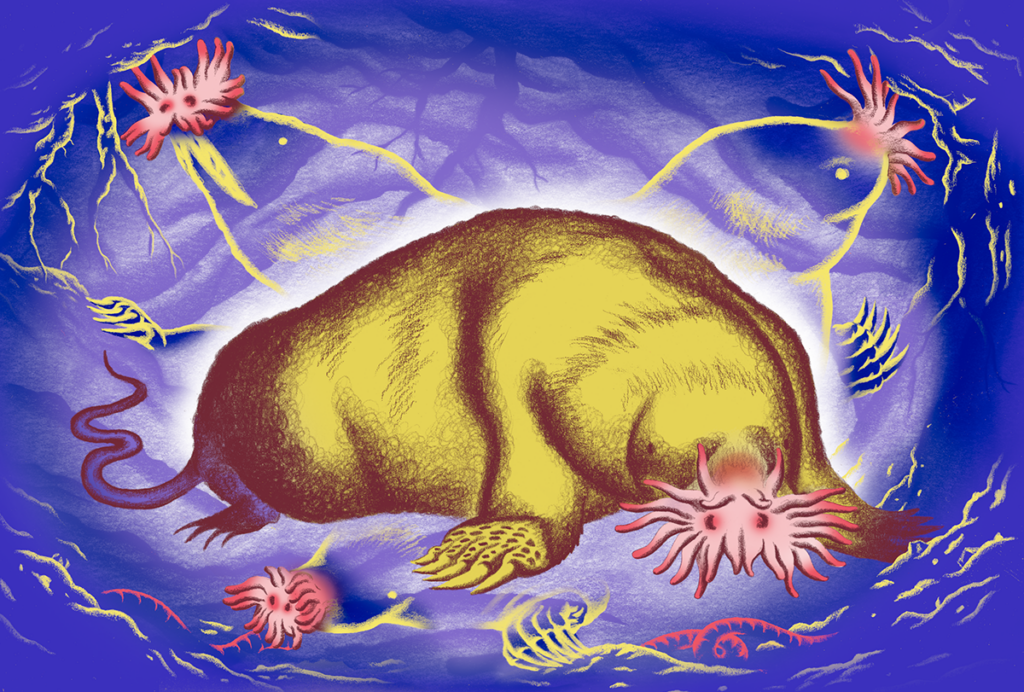
Neuro’s ark: Understanding fast foraging with star-nosed moles
“MacArthur genius” Kenneth Catania outlined the physiology behind the moles’ stellar foraging skills two decades ago. Next, he wants to better characterize their food-seeking behavior.
Cell atlas cracks open ‘black box’ of mammalian spinal cord development
The atlas details the genetics, birth dates and gene-expression signatures of roughly 150 neuron subtypes in the dorsal horn of the mouse spinal cord.
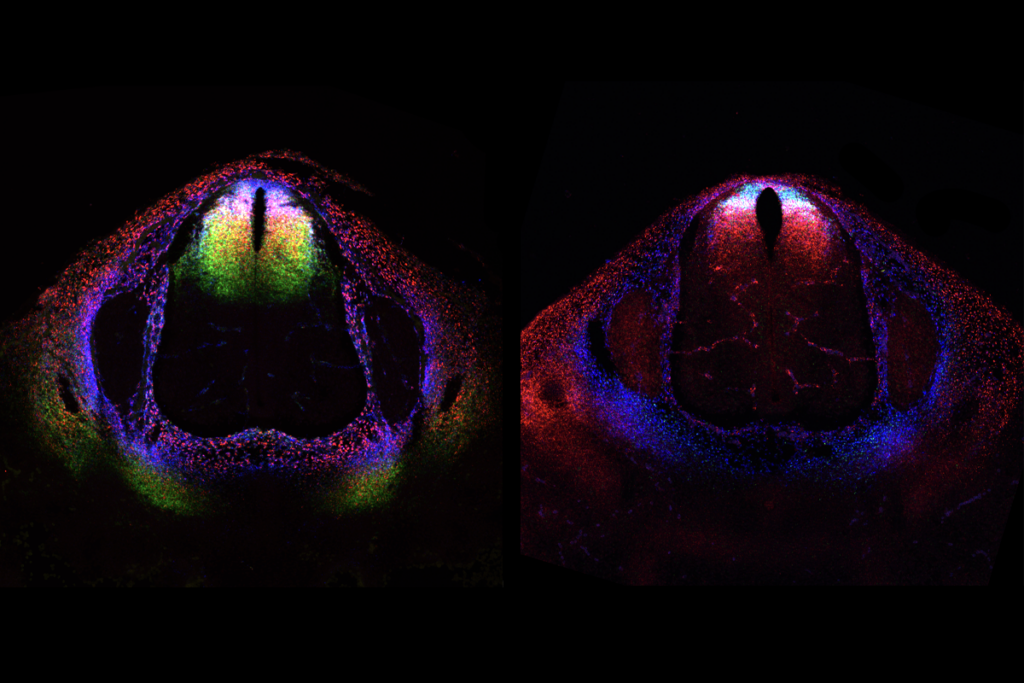
Cell atlas cracks open ‘black box’ of mammalian spinal cord development
The atlas details the genetics, birth dates and gene-expression signatures of roughly 150 neuron subtypes in the dorsal horn of the mouse spinal cord.
Neuroscience’s leaders, legacies and rising stars of 2025
Here are seven stories from the past year about some of the field’s most engaging figures.

Neuroscience’s leaders, legacies and rising stars of 2025
Here are seven stories from the past year about some of the field’s most engaging figures.
Neurons tune electron transport chain to survive onslaught of noxious stimuli
Nociceptors tamp down the production of reactive oxygen species in response to heat, chemical irritants or toxins.
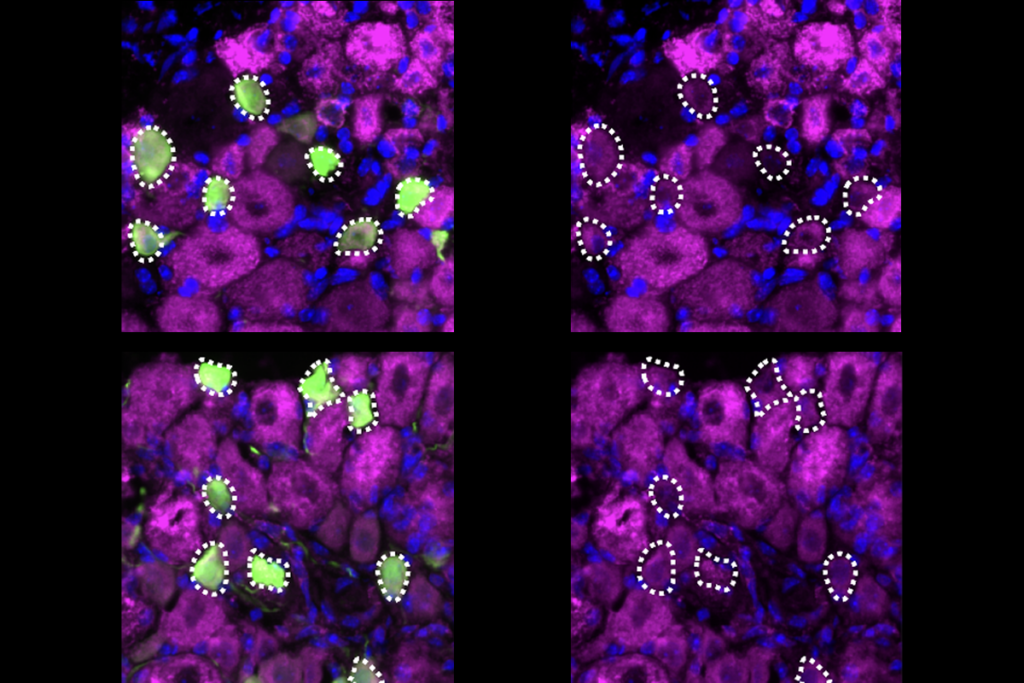
Neurons tune electron transport chain to survive onslaught of noxious stimuli
Nociceptors tamp down the production of reactive oxygen species in response to heat, chemical irritants or toxins.
The visual system’s lingering mystery: Connecting neural activity and perception
Figuring out how the brain uses information from visual neurons may require new tools. I asked 10 neuroscientists what experimental and conceptual methods they think we’re missing.

The visual system’s lingering mystery: Connecting neural activity and perception
Figuring out how the brain uses information from visual neurons may require new tools. I asked 10 neuroscientists what experimental and conceptual methods they think we’re missing.
Remembering A. James Hudspeth, hair cell explorer
Hudspeth, who died 16 August at age 79, devoted his 50-year career to untangling how the ear converts sound into electrical signals.
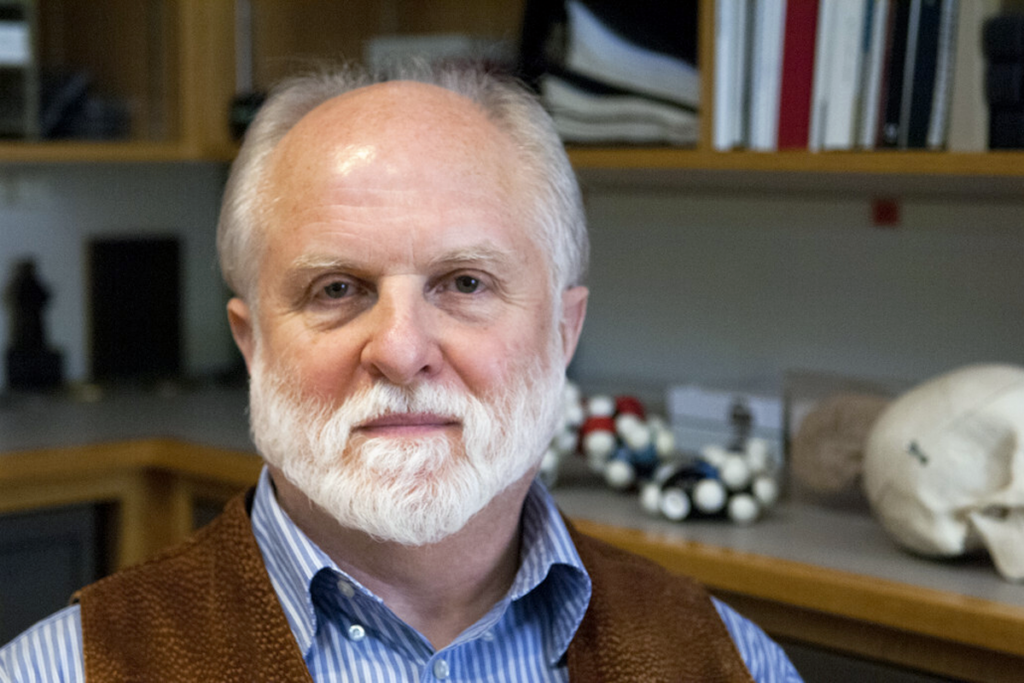
Remembering A. James Hudspeth, hair cell explorer
Hudspeth, who died 16 August at age 79, devoted his 50-year career to untangling how the ear converts sound into electrical signals.
Body state, sensory signals commingle in mouse whisker cortex
The new study challenges a long-held view that the barrel cortex exclusively encodes sensory signals from the whiskers.
Body state, sensory signals commingle in mouse whisker cortex
The new study challenges a long-held view that the barrel cortex exclusively encodes sensory signals from the whiskers.
This paper changed my life: Victoria Abraira on a tasty link between circuits and behavior
The findings from Charles Zuker’s lab put the taste system on the map, revealing that some fundamental principles of behavior are hardwired.
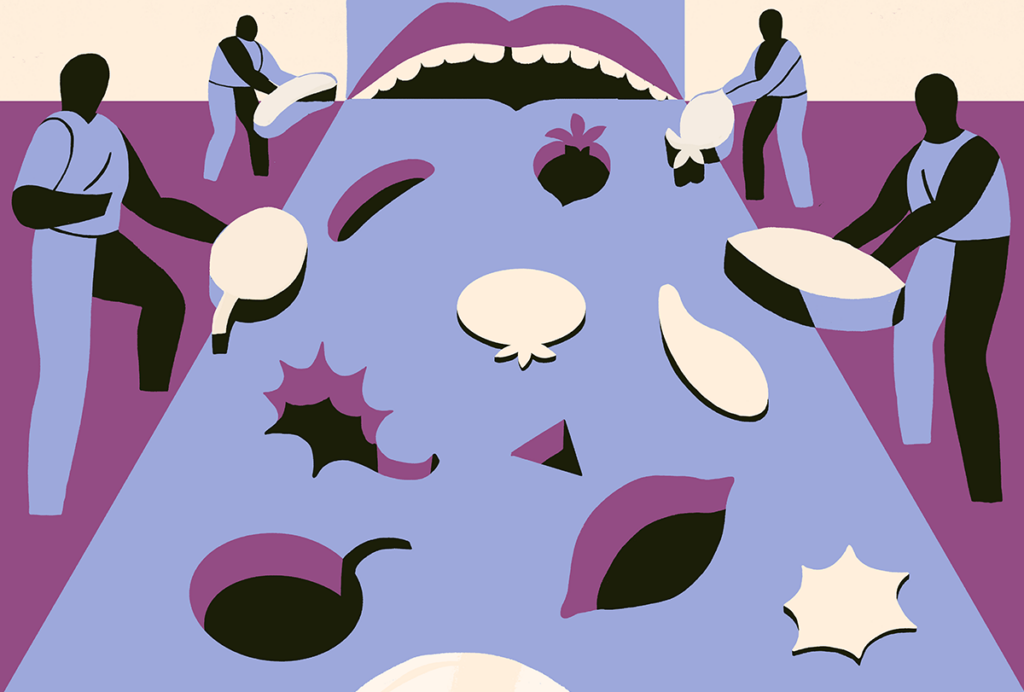
This paper changed my life: Victoria Abraira on a tasty link between circuits and behavior
The findings from Charles Zuker’s lab put the taste system on the map, revealing that some fundamental principles of behavior are hardwired.
The big idea with Diego Bohórquez
His theories around the neuropod have challenged the boundaries of classic ideas regarding gut-brain communication.
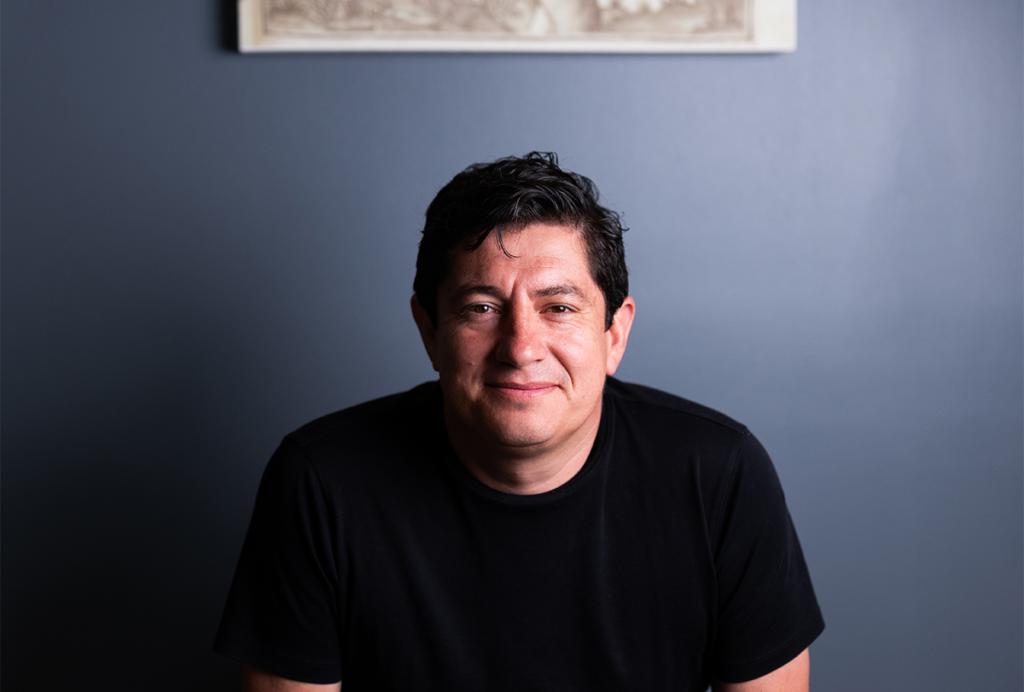
The big idea with Diego Bohórquez
His theories around the neuropod have challenged the boundaries of classic ideas regarding gut-brain communication.
Subthalamic plasticity helps mice squelch innate fear responses
When the animals learn that a perceived threat is not dangerous, long-term activity changes in a part of the subthalamus suppress their instinctive fears.
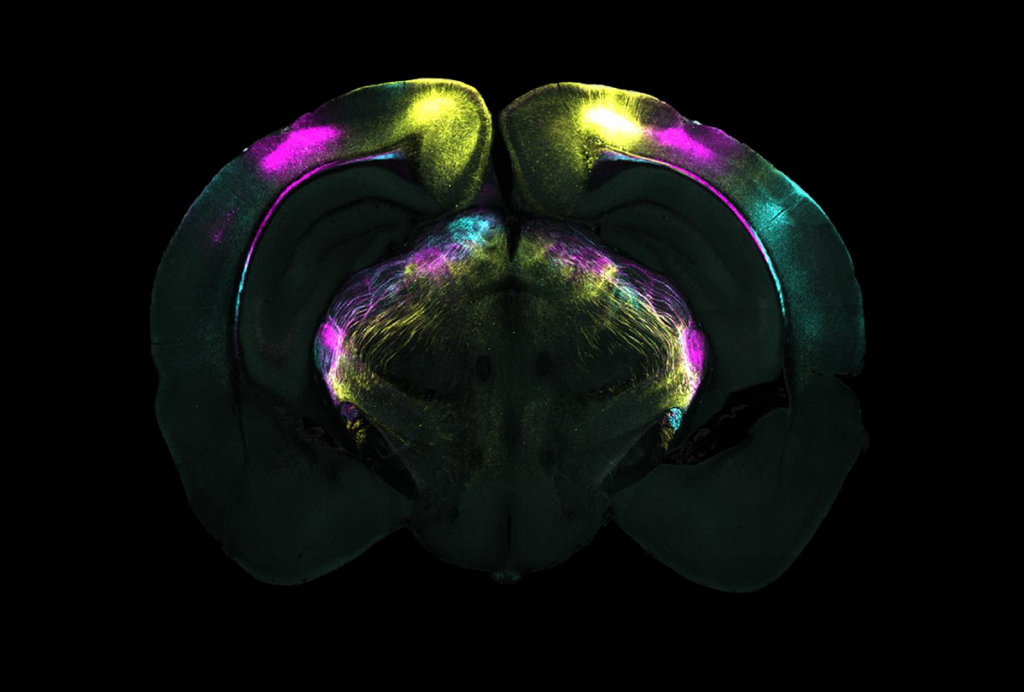
Subthalamic plasticity helps mice squelch innate fear responses
When the animals learn that a perceived threat is not dangerous, long-term activity changes in a part of the subthalamus suppress their instinctive fears.
Explore more from The Transmitter
Marcelle Lapicque: A forgotten pioneer of neuroscience
Lapicque was the first Black female neuroscientist in Europe, new research suggests.
Marcelle Lapicque: A forgotten pioneer of neuroscience
Lapicque was the first Black female neuroscientist in Europe, new research suggests.
In-vivo base editing in a mouse model of autism, and more
Here is a roundup of autism-related news and research spotted around the web for the week of 23 February.
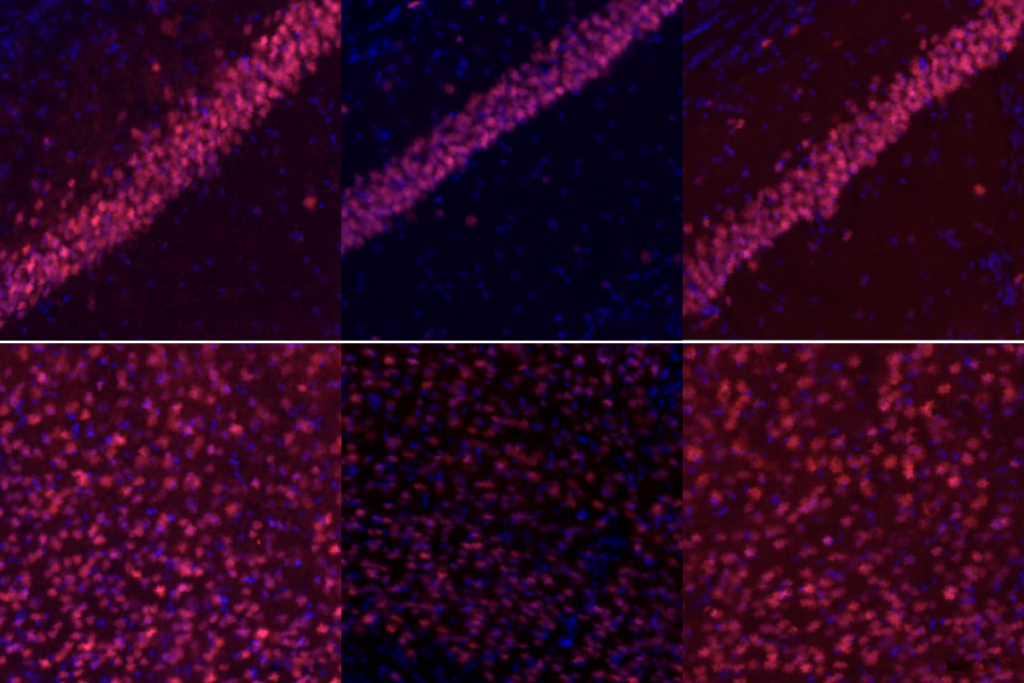
In-vivo base editing in a mouse model of autism, and more
Here is a roundup of autism-related news and research spotted around the web for the week of 23 February.
Infant visual system categorizes common objects by 2 months of age
Brain activity patterns in the ventral visual cortex appear to distinguish images across 12 categories, including birds and trees, longitudinal functional MRI scans suggest.
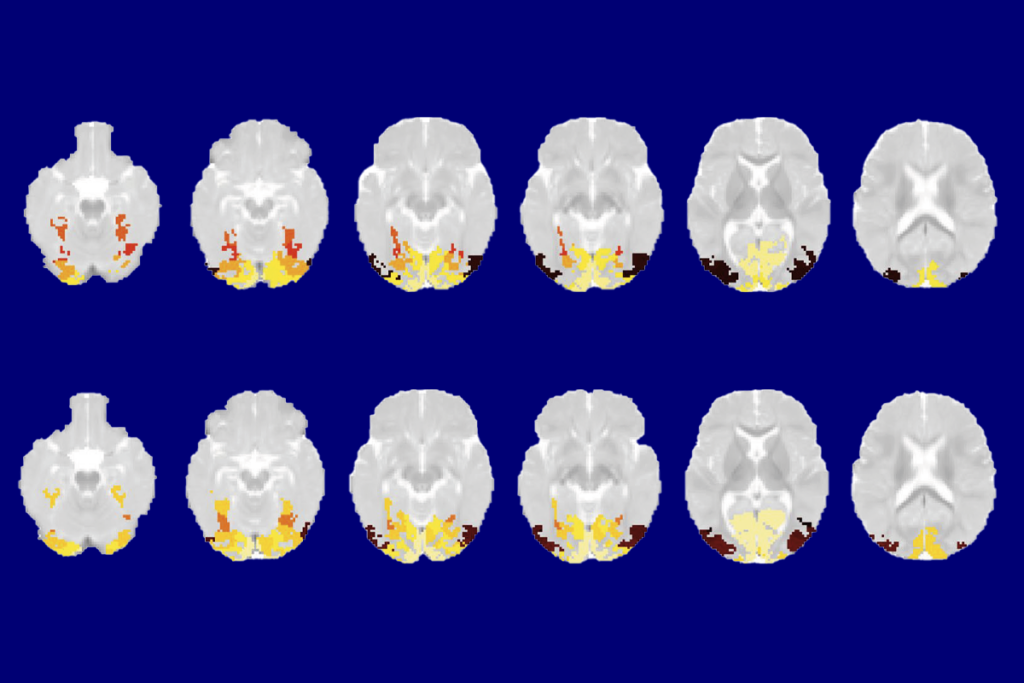
Infant visual system categorizes common objects by 2 months of age
Brain activity patterns in the ventral visual cortex appear to distinguish images across 12 categories, including birds and trees, longitudinal functional MRI scans suggest.